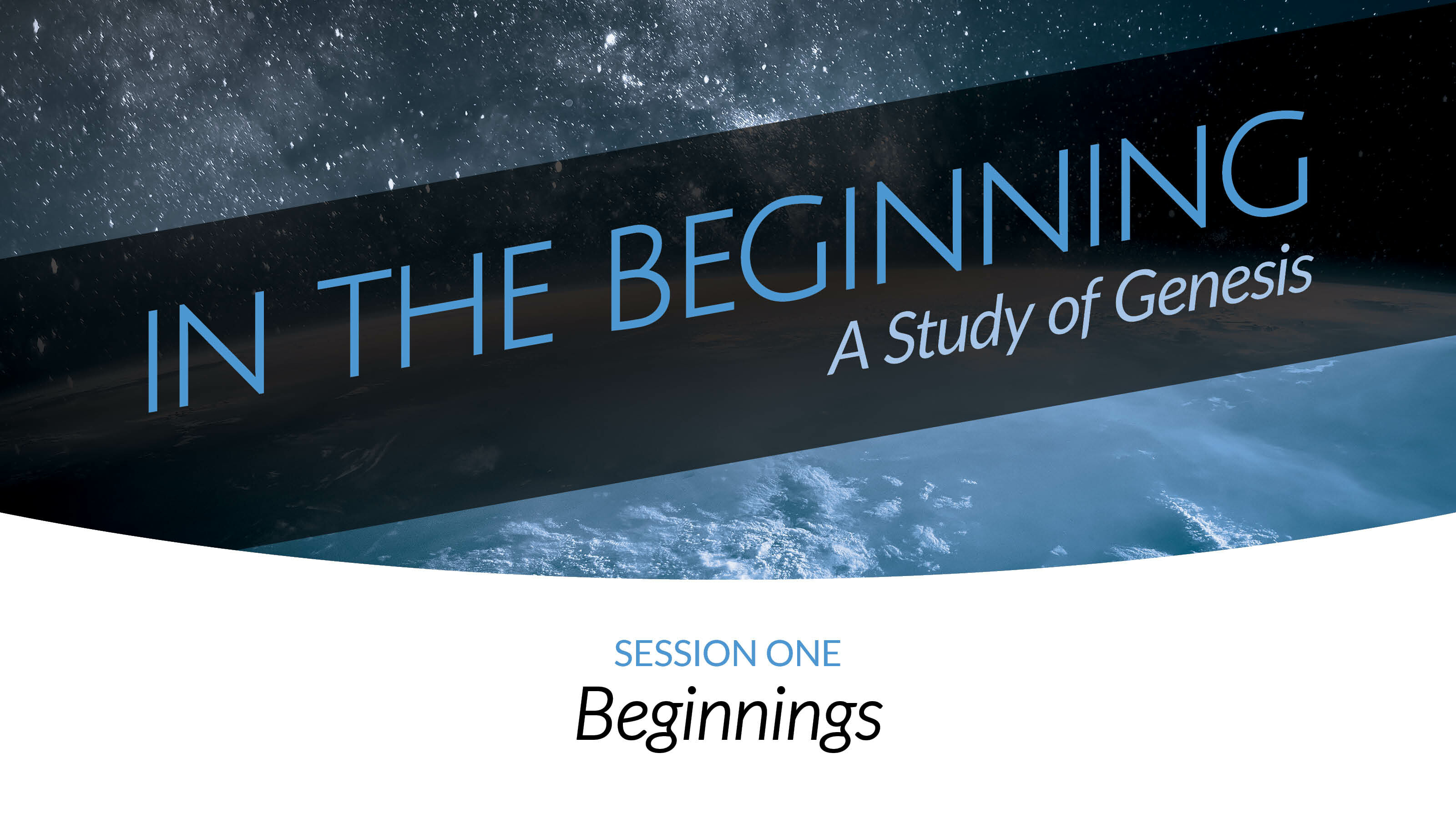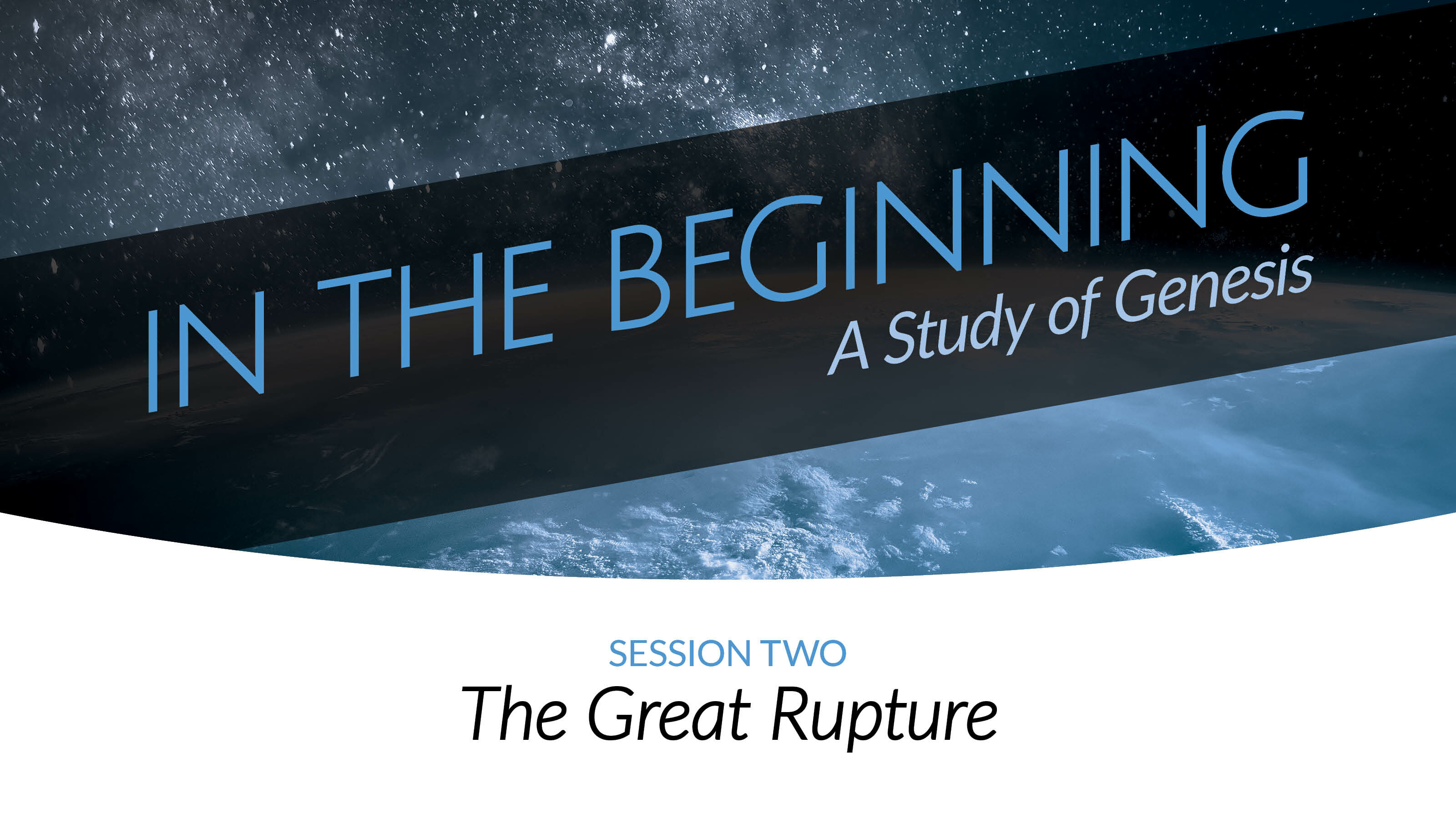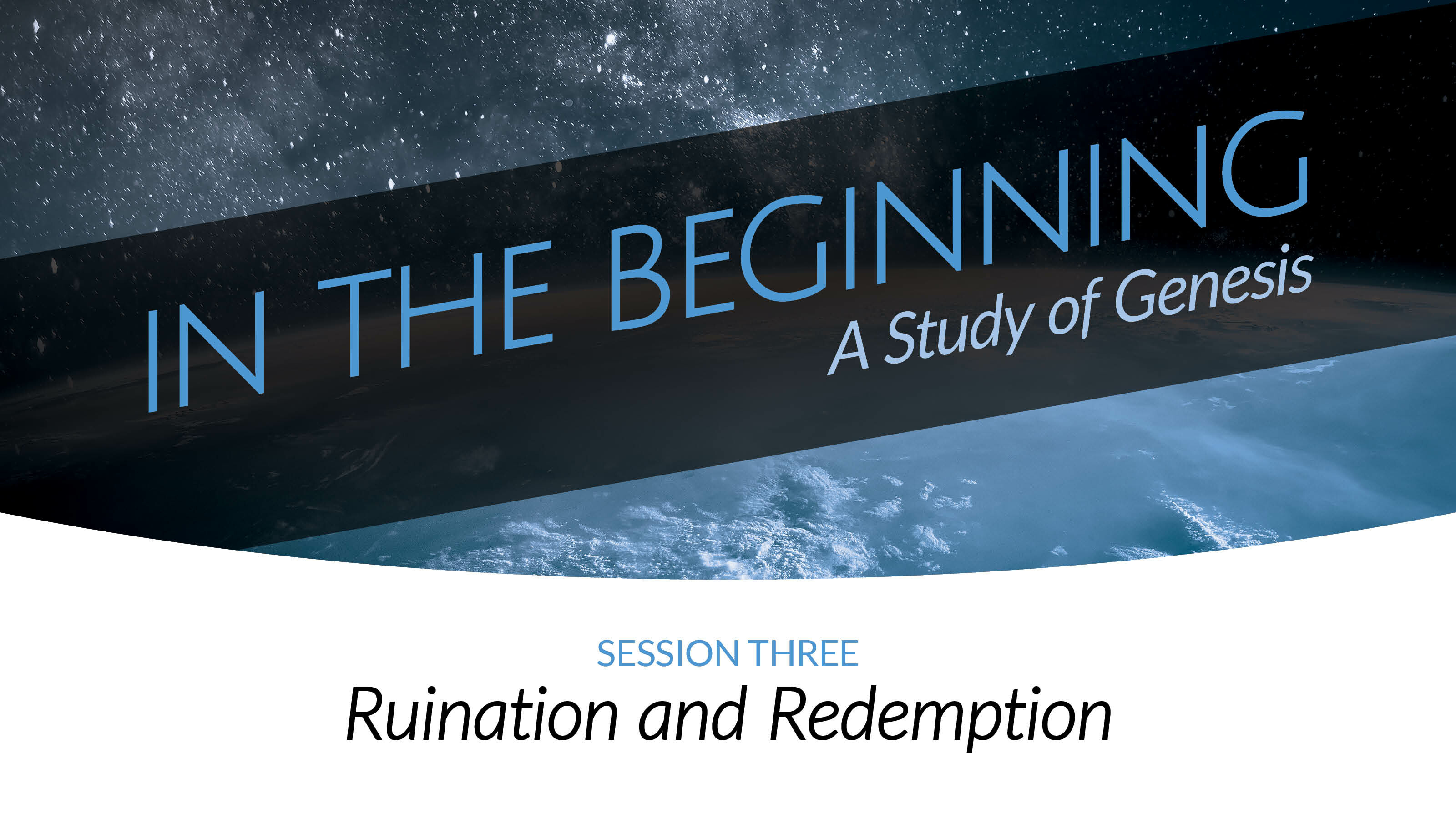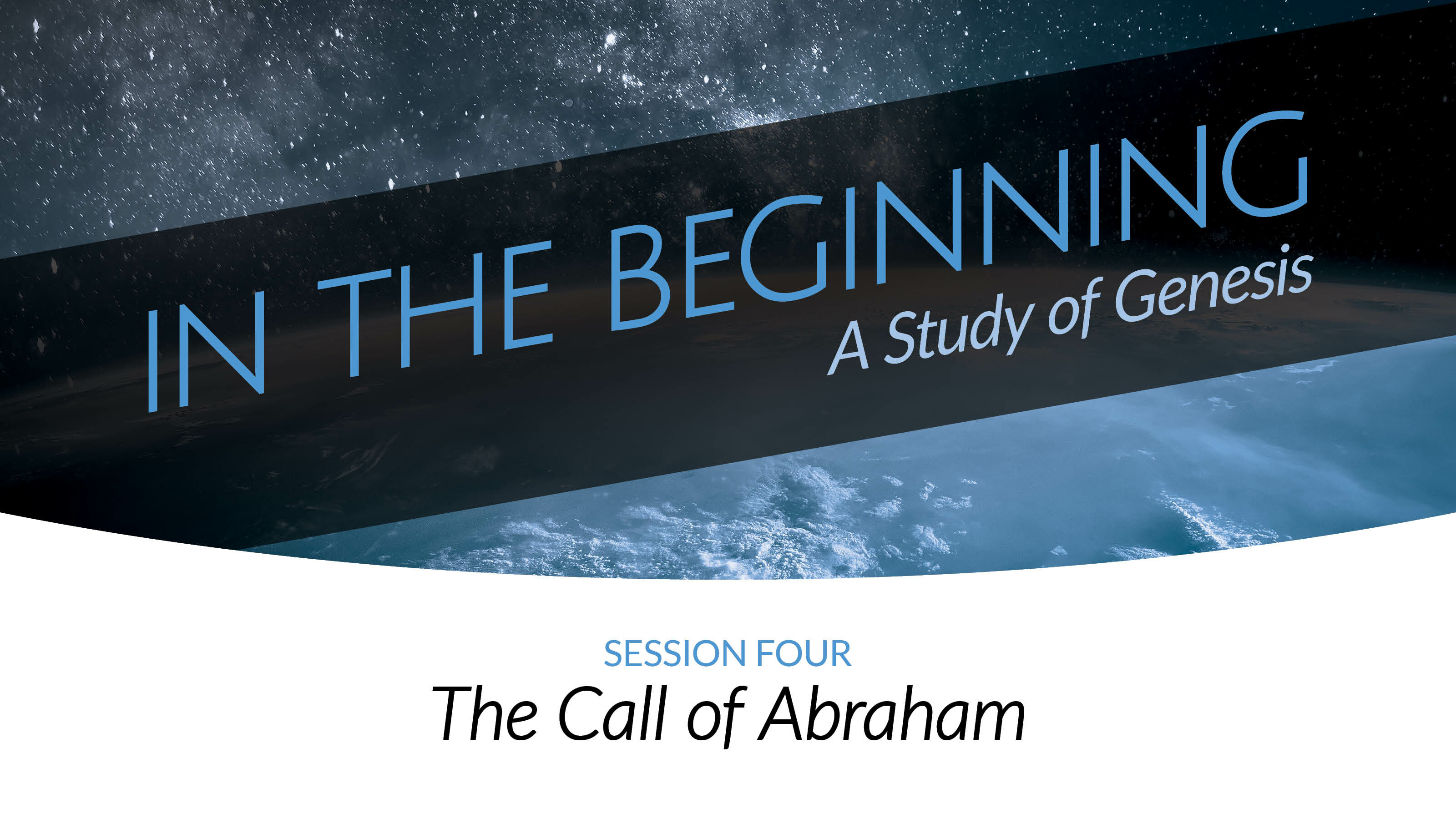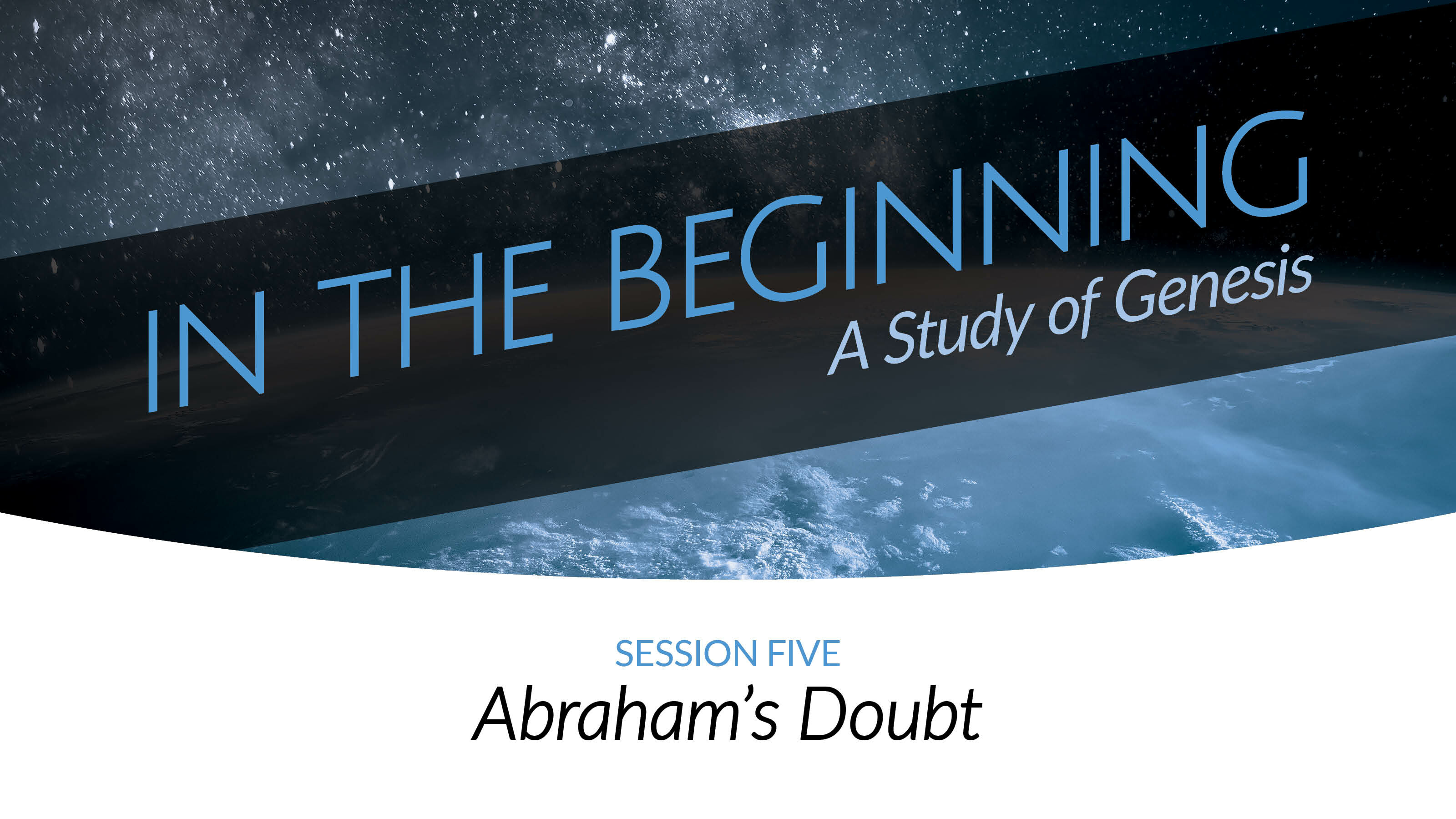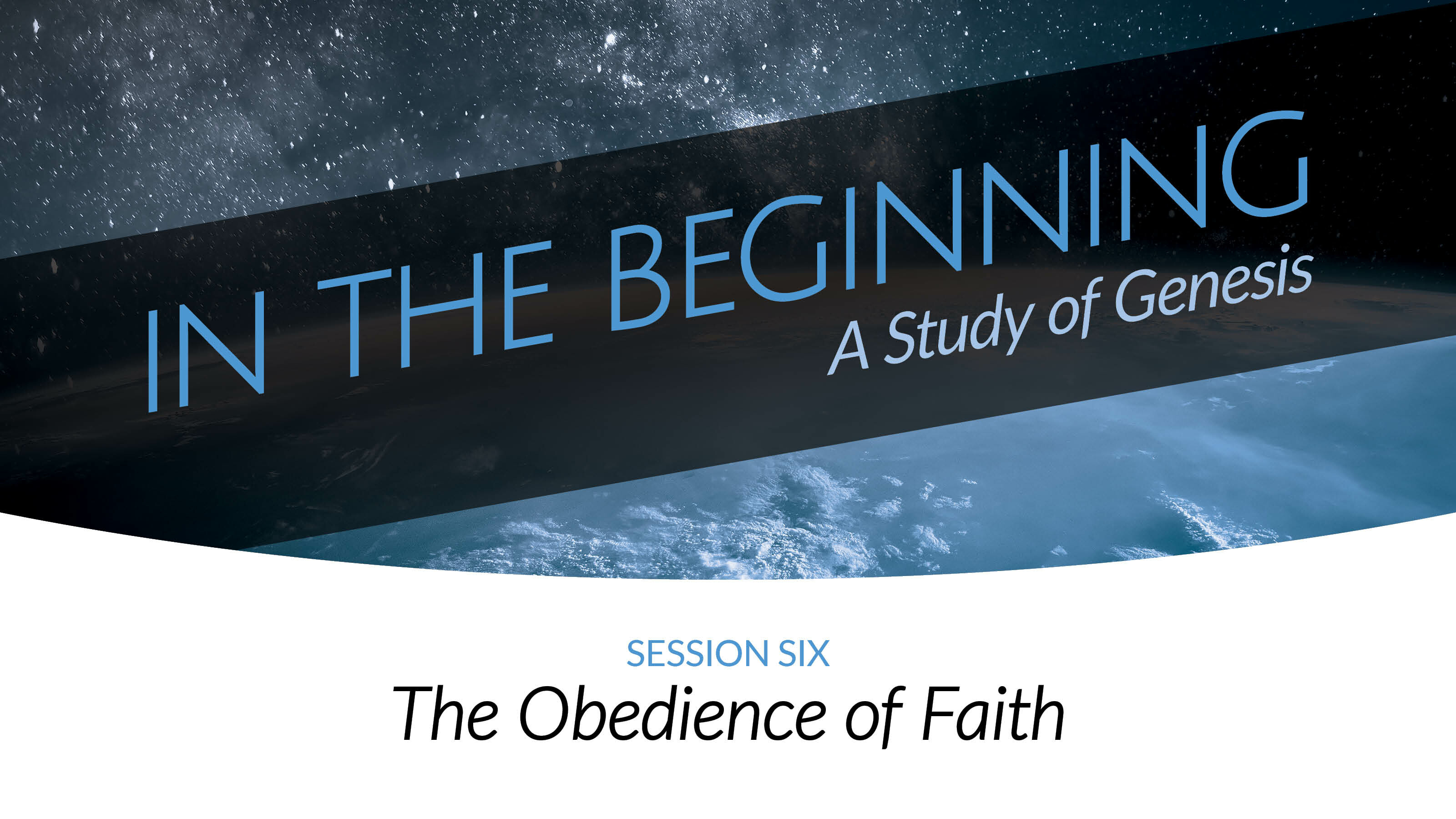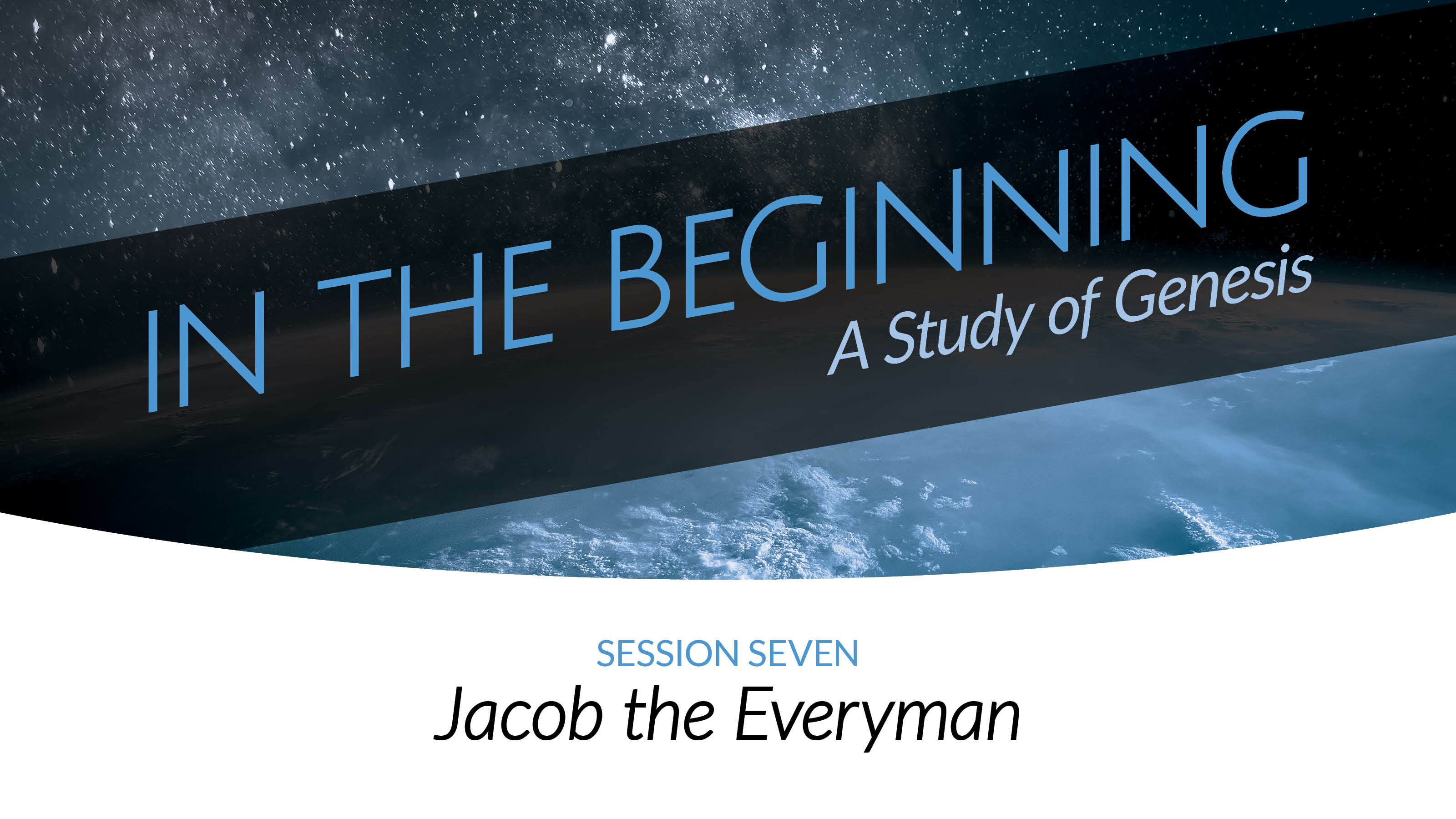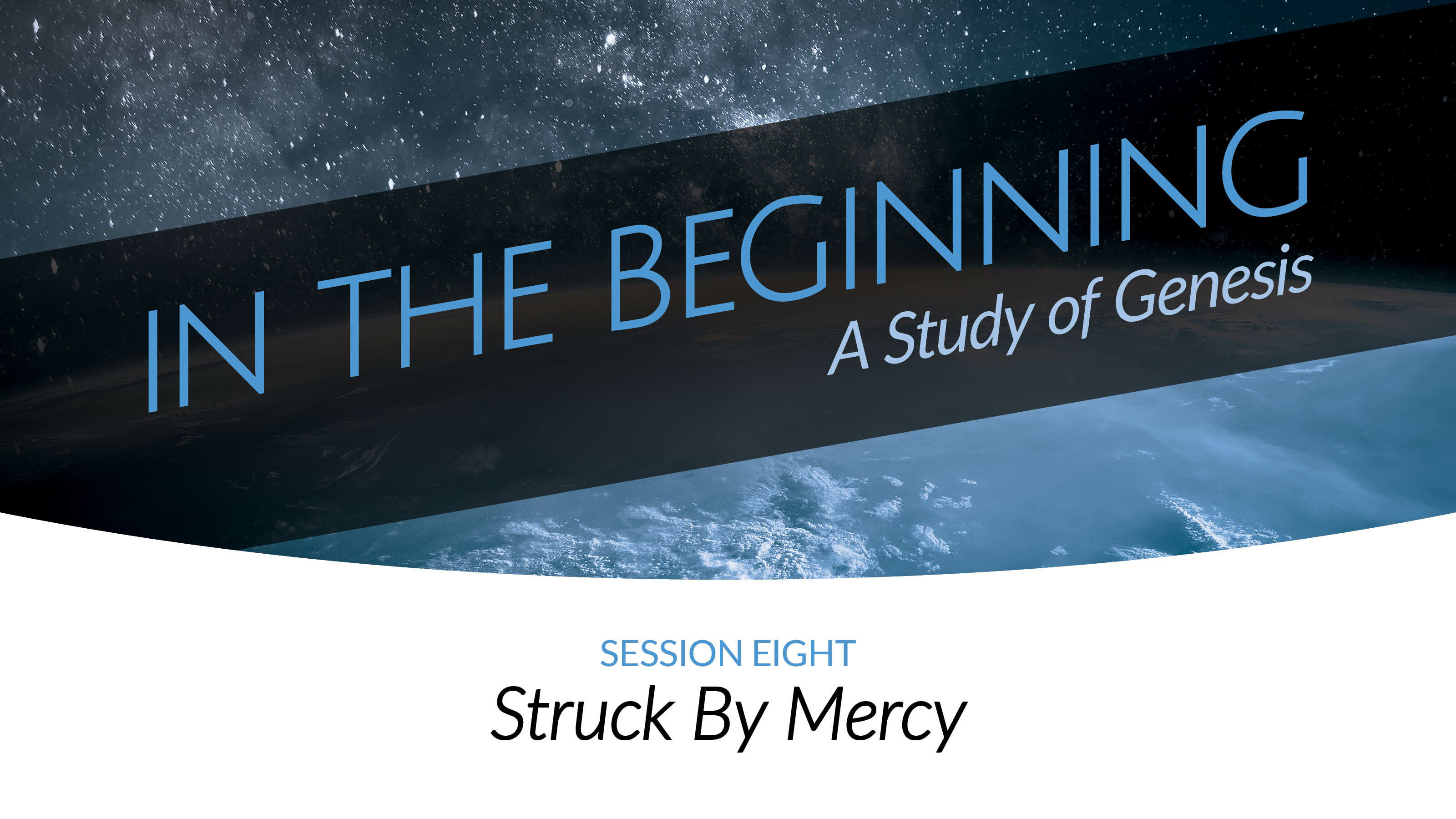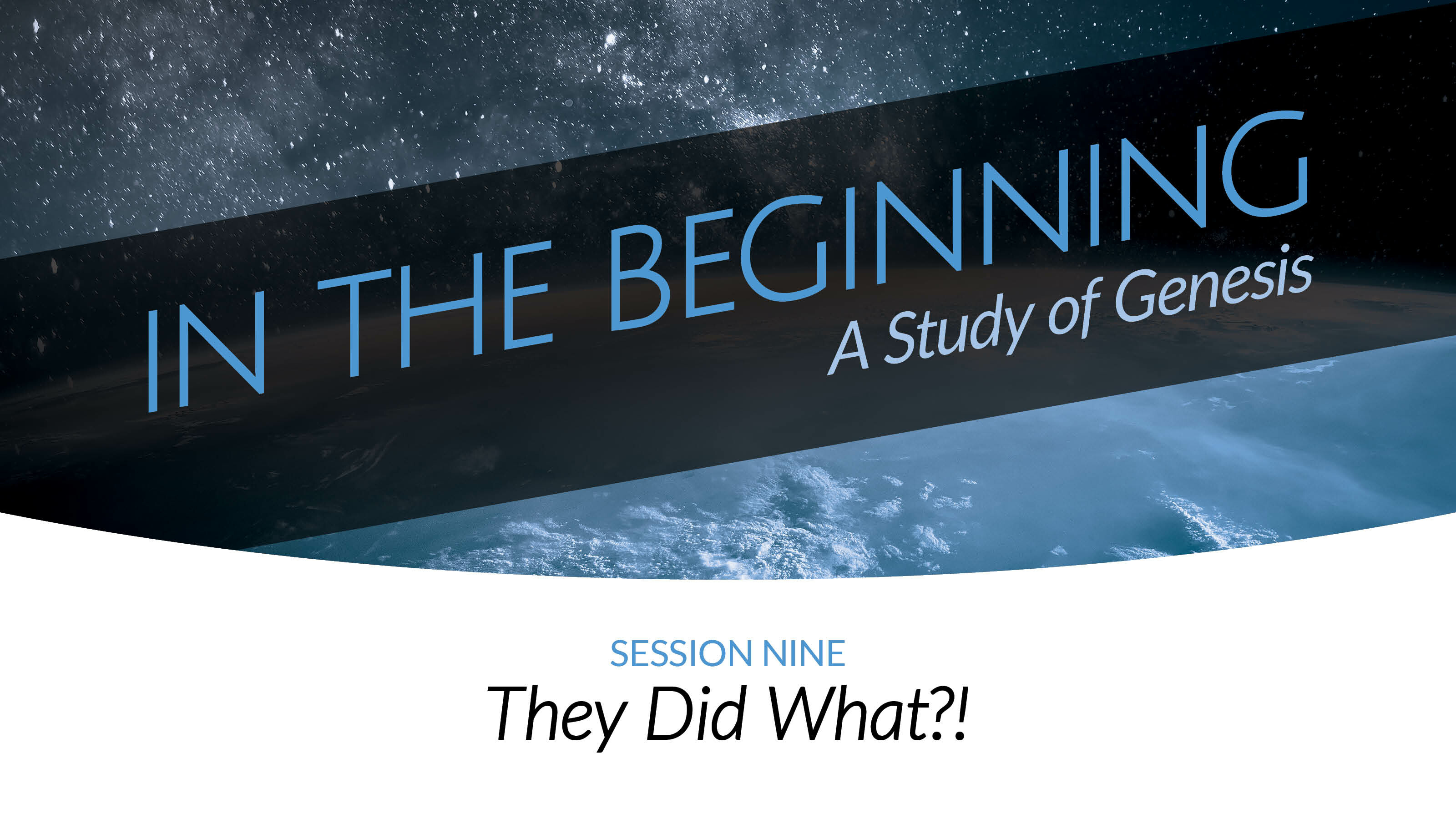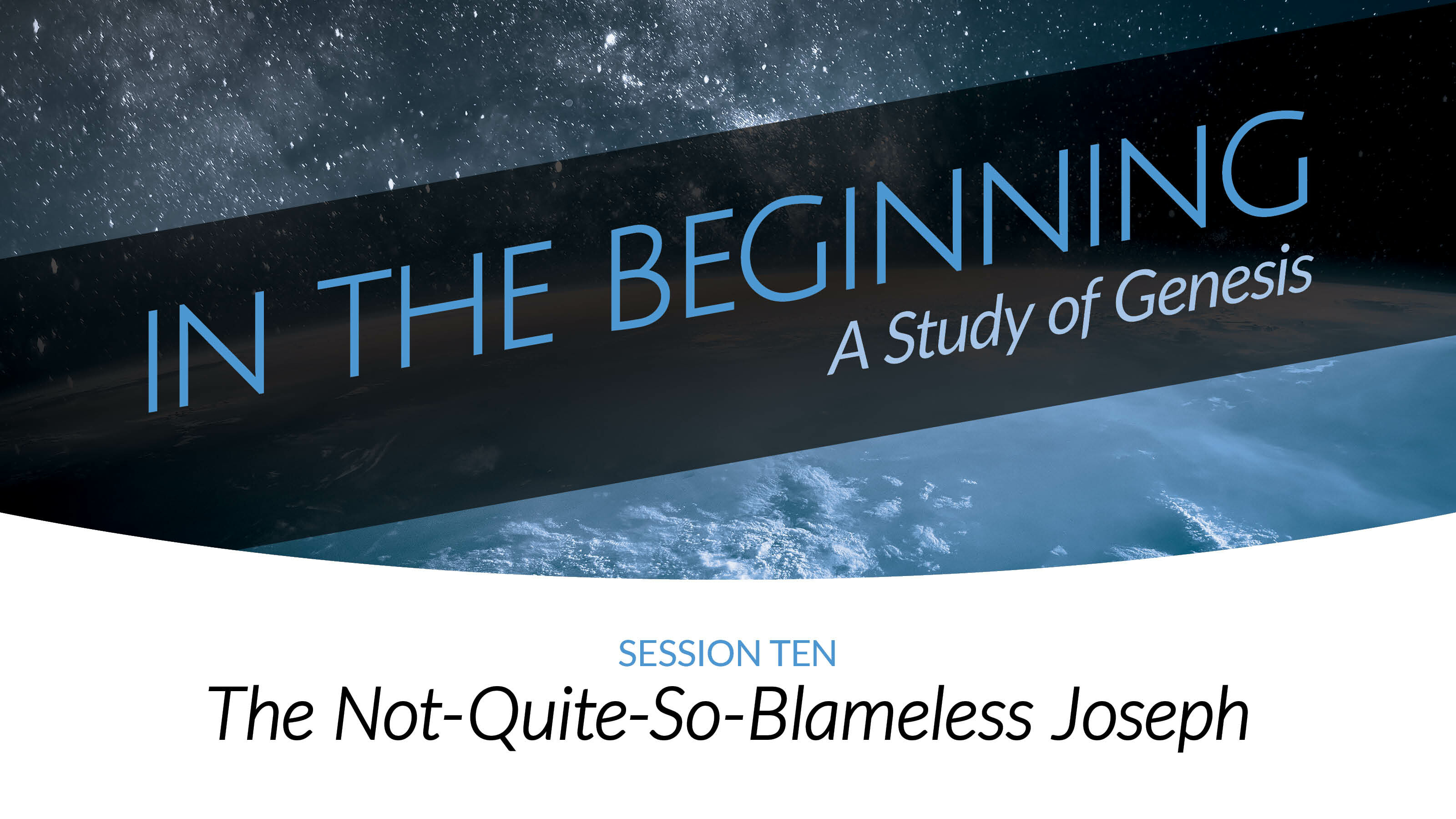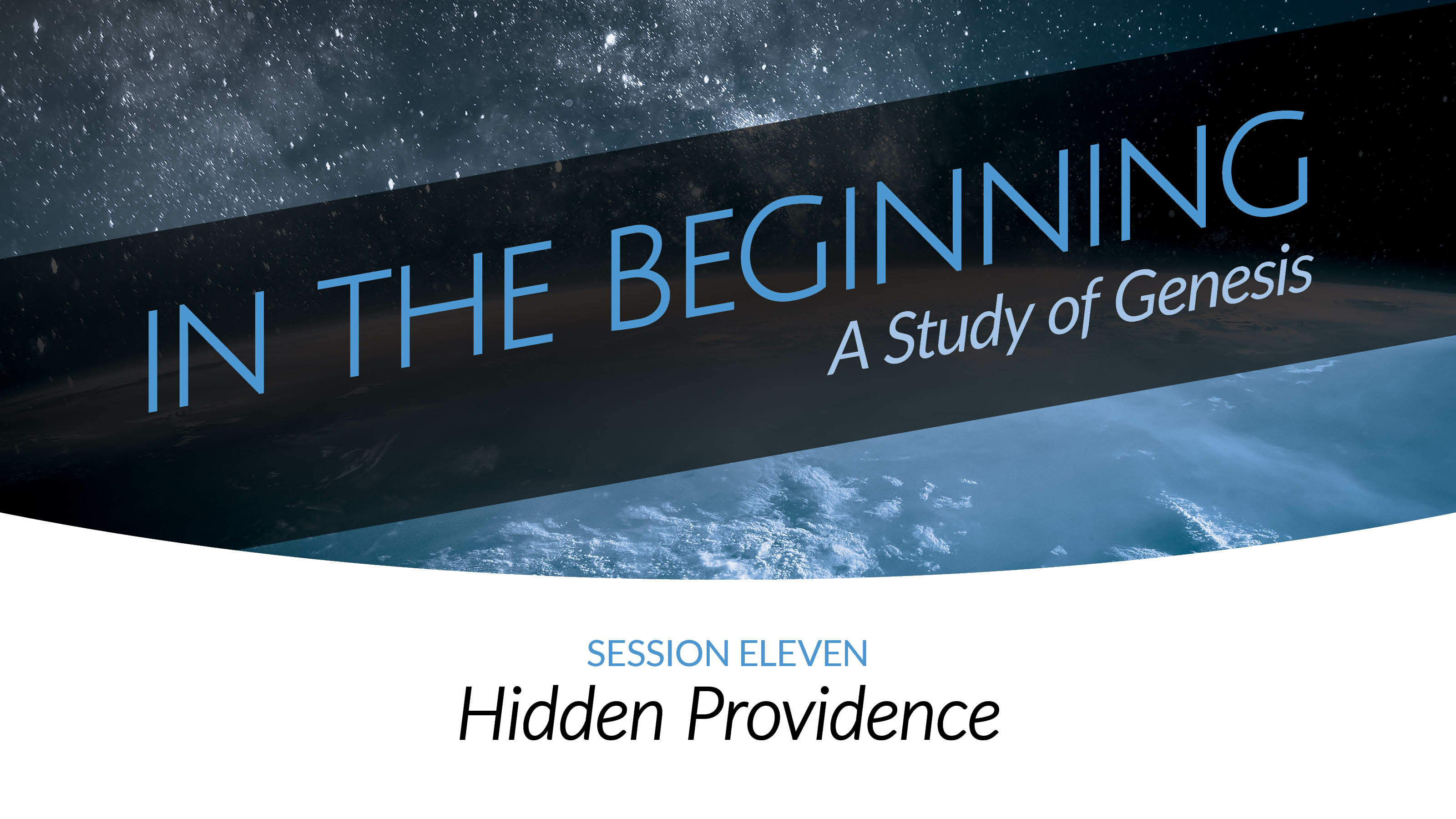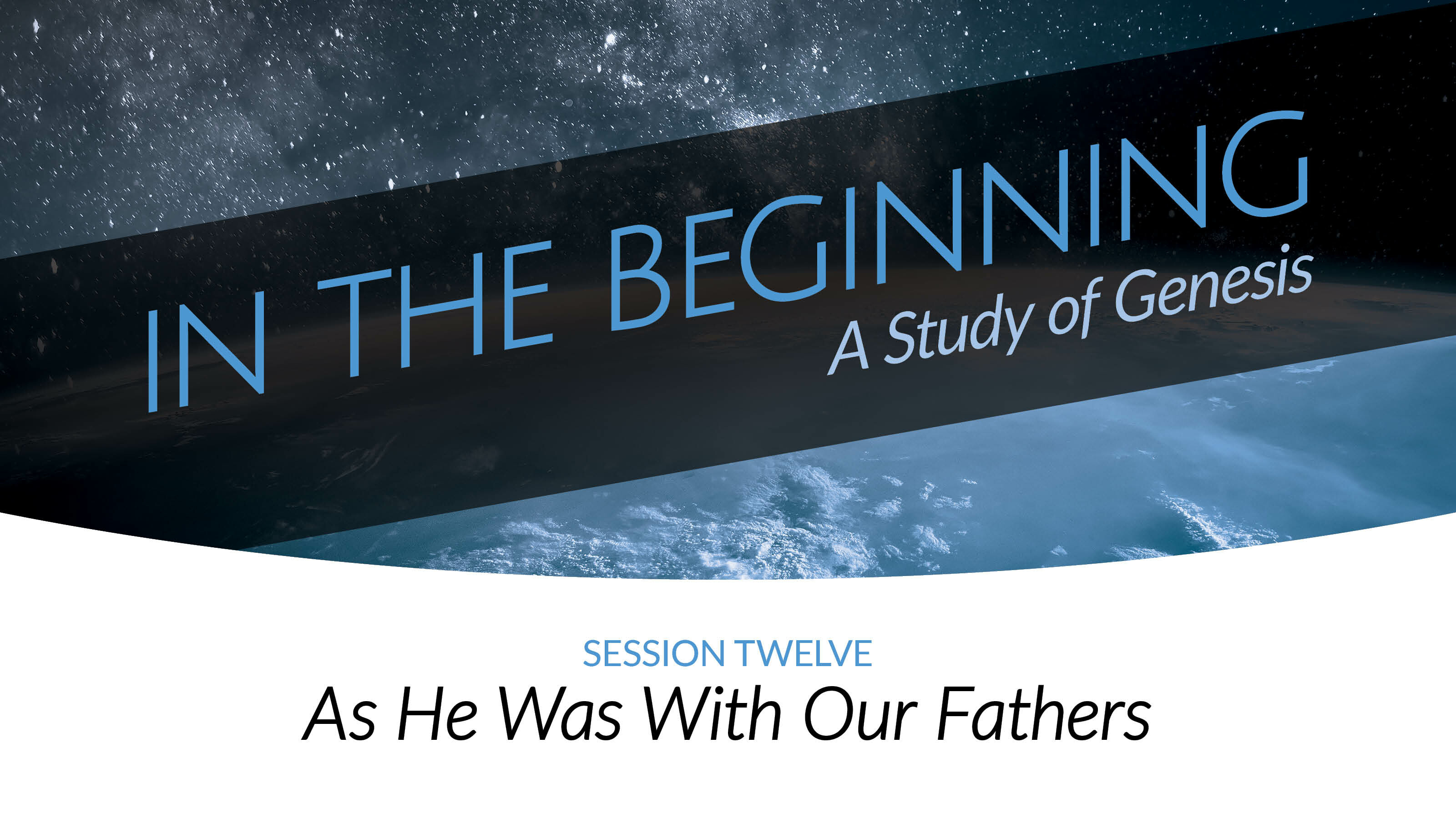Still can't find what you are looking for? Let us know how we can help.
Use the login below to access your InFellowship account.
Need an account?
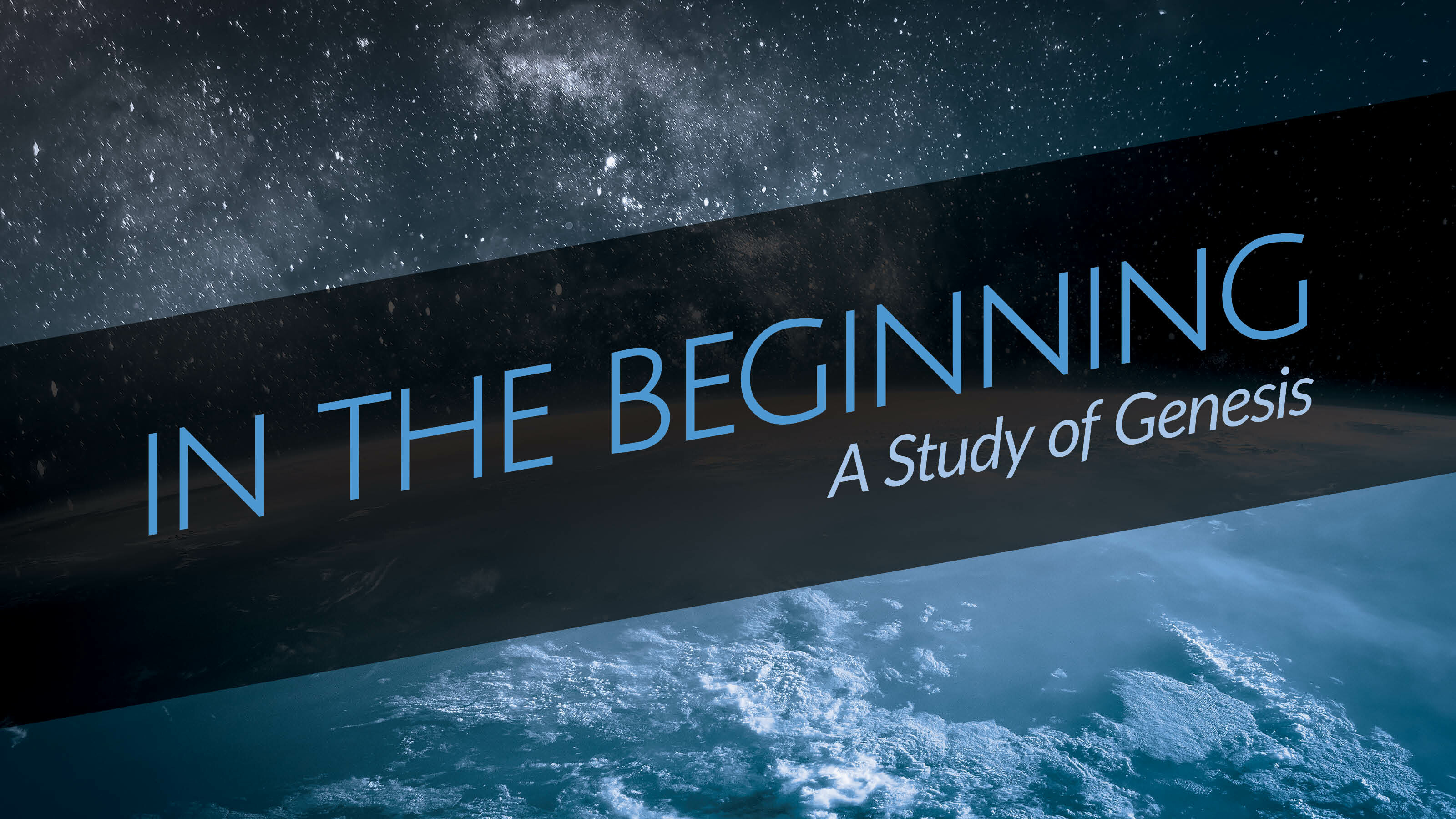
Study Description
"In the beginning…" These aren't just the opening words of Genesis. They also indicate the purpose and grandeur of this book.
Genesis is, at its heart, a book of beginnings: the beginning of life, the beginning of families, the beginning of culture, the beginning of religion, the beginning of politics. Genesis tells grand stories that give us fundamental insights into the central mysteries and conflicts of human existence: sin and redemption, doubt and faith, hate and love.
In this 12-week study, we'll discuss some of the most famous passages of this most foundational book and reflect on what Genesis can teach us today.
Details
- Length: 12 sessions
- Teachers: The Rev. Dr. Jonathan Bailes
- Leader's Guide: Discussion questions are available for small group leaders.
Access Leader's Guide
Watch the Series
1. Beginnings
Genesis begins with the beginning of all things: creation, life, human persons, work, and relationships. This account isn't written so that we can know where things came from, but rather what things are and what they are for. These answers have a profound impact on the way we live, and so Genesis tells us the truth about beginnings so that we might live well.
2. The Great Rupture
Genesis 3 tells the famous story of the sin of Adam and Eve, what Christians have long referred to as the "Fall of Humanity" or the "Great Rupture." In this session, we discuss the details of this original transgression and where we can find hope, even in the midst of this moment of failure.
3. Ruination and Redemption
The story of Noah and the flood isn't the only account of a flood in ancient times. There are others that recount an age when deities filled the earth and a man and his family survived in an ark. But Scripture's version differs in several important ways, and in this session, we learn what makes Noah's story so wonderful.
4. The Call of Abraham
Long regarded by Jews and Christians alike as a biblical hero, Abraham is the focus of a large majority of the book of Genesis. In this session, we examine Abraham as a model of discipleship and discuss his experience being called by God to leave his homeland and go to an unknown country.
5. Abraham's Doubt
Abraham, while admirable, was not without faults; his story is defined less by personal triumph and more by the patience and grace of God shown toward him. In this session, we look at what Abraham's doubt teaches us about our own struggles to believe.
6. The Obedience of Faith
Christians often draw distinctions between faith and good works, but the New Testament writers appeal to Abraham as an example of both. In this session, we discuss how Abraham shows faith and obedience in his willingness to sacrifice his beloved son Isaac.
7. Jacob the Everyman
Jacob may be one of the three great patriarchs of Israel, but he is no polished saint. In his faults and flaws, he proves very much like us, and in this session, we discuss Jacob's difficulties: trusting others and trying to control his life at every turn.
8. Struck By Mercy
Jacob's story is one of grace: chosen as recipient of God's blessing. The Lord graciously transforms Jacob from a heel-grabbing, self-reliant trickster to the humbled patriarch of the people of Israel. Yet this grace is also severe; in order to change Jacob, God must overpower him. Jacob is "struck by mercy."
9. They Did What?!
Bible stories are sometimes strange, disturbing, and morally ambiguous. Genesis 34 is one such account; the assault of Dinah and her brothers' revenge is a tale of abuse, deception, and violence that commends no clear lesson to the reader. In this session, we ask how we might benefit from reading this story.
10. The Not-Quite-So-Blameless Joseph
Joseph, a victim of slander and the abuse of others, is often thought of as morally innocent, a man who does nothing to merit mistreatment. But Joseph has his own faults, and a closer reading of Genesis shows this. In this session, we explore what we can learn from Joseph's righteousness and failings.
11. Hidden Providence
Joseph's brothers do something terrible to him, and yet, years later, Joseph believes their actions were guided by God's own hand--that what they intended for evil, God intended for good. Providential care is not unique to Joseph. The same God who worked through Joseph's hardships also works all things together for our good.
12. As He Was With Our Fathers
Genesis ends with a familiar theme: the relationship between fathers and sons, handing down faith from one generation to the next. As Joseph blesses the sons of Joseph, we see this blessing isn't just for them, but for those that will follow--a reminder that they are a family whose lives are defined by hope in the future promises of God.
![]()
Find "Christ Church Studies" on Your Podcast Provider
Never Miss a Podcast
Get an email notification whenever Christ Church Plano releases new video and audio content on podcast or livestream. Customize which notifications you would like to receive.
